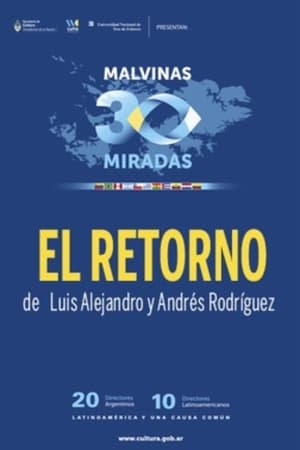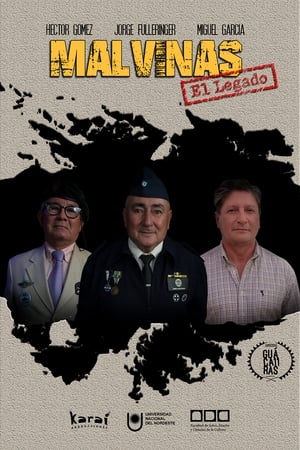
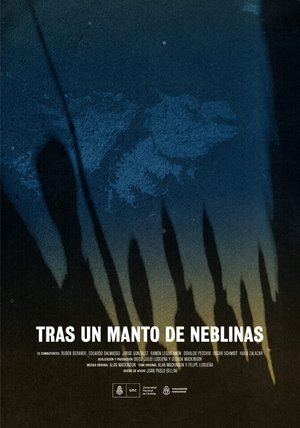
Tras un Manto de Neblinas(2023)
The documentary tells the first-person story of what seven veterans experienced during the Malvinas War through their childhood and adolescence, sharing life in a town in the interior of Córdoba. The military service, the landing, the waiting, the cold, the hunger, the fear, the battles, and the return to their village. "I want them to know about my war," says Jorge, taking off his beret as a sign of respect for those who lost their lives in the Malvinas. Today, more than 40 years after the war, they recount what those 74 days were like that marked their lives forever.
Movie: Tras un Manto de Neblinas
Video Trailer Tras un Manto de Neblinas
Similar Movies
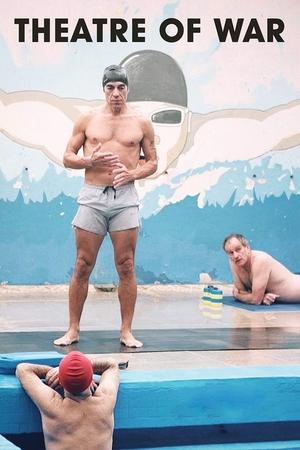 7.2
7.2Theatre of War(es)
Theatre of War is an essay on how to represent war, performed by former enemies. British and Argentinian veterans of the Falklands war come together to discuss, rehearse and re-enact their memories 35 years after the conflict.
 5.6
5.6The Children of the War(es)
Based on the lives of four boys, all of different social classes and psychological makeup, this film tries to reflect through them the political history of Argentina during the years leading up to the Malvinas War.
Las aspirantes(es)
A story that explores the role of women in the Malvinas War. The protagonist, leader of a group of veteran nurses, commits suicide while this documentary is being filmed. Her companions took on her legacy and continue the fight for recognition in the face of the silence of history and the Argentine Navy.
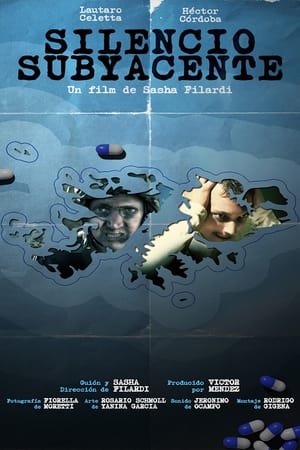 10.0
10.0Underlying Silence(es)
An ex-combatant is admitted to a psychiatric facility due to what happened in the Falklands War. During his stay in that institution, he will find a purpose to fight against the treatments that tend to harm him.
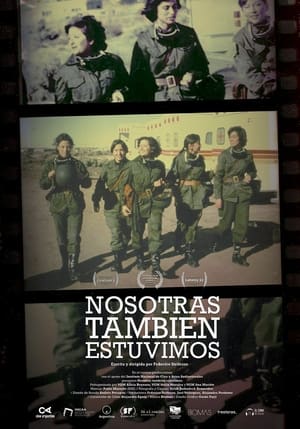 0.0
0.0Nosotras también estuvimos(es)
During the Malvinas war, more than a thousand Argentine soldiers were wounded. Many were cared for by 14 nurses in a mobile hospital located in Comodoro Rivadavia. After 37 years of silence, three of them return to the place to tell their stories.
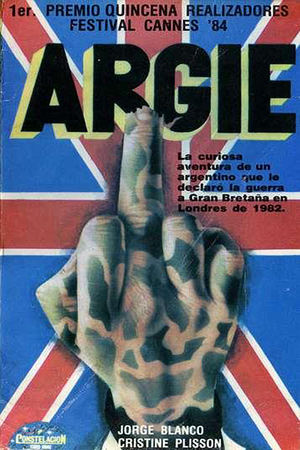 4.0
4.0Argie(en)
The time is the summer of 1982, and the Falklands war is at hand when the young "Argie" follows a British woman home and is stopped from raping her only because she starts to speak to him in Spanish, soon they enter into an ambivalent relationship, undecided as to whether they love or hate each other, or both. They end up on the streets when she is evicted and life becomes even less stable.
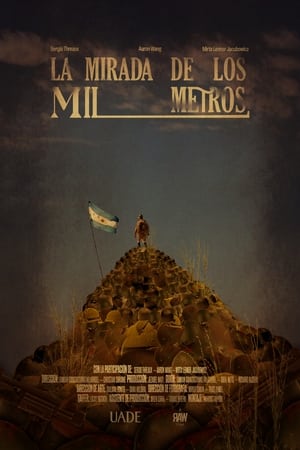 10.0
10.0Thousand Yard Stare(es)
Victor, a retired Argentine lieutenant from the Falklands War, is hospitalized as a result of catatonia. Through a dreamlike and dark journey, he goes into the darkness of his mind, where different ghosts from his past won't leave until they are satisfied.
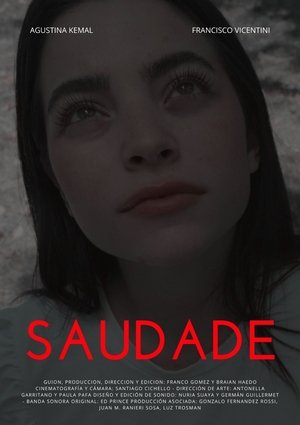 8.0
8.0Saudade(en)
Aurora and Bernardo are experiencing moments of happiness, but their joy is interrupted by the onset of war.
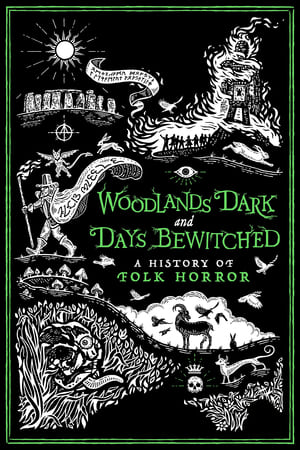 7.4
7.4Woodlands Dark and Days Bewitched: A History of Folk Horror(en)
An exploration of the cinematic history of the folk horror, from its beginnings in the UK in the late sixties; through its proliferation on British television in the seventies and its many manifestations, culturally specific, in other countries; to its resurgence in the last decade.
 7.6
7.6Machine Gun Kelly's Life In Pink(en)
An in-depth look at the dramatic highs and lows of an artist chasing music's top spot while tackling noise from the outside world, stardom, fatherhood and more. From creating his platinum-selling, Billboard No. 1 album “Tickets to My Downfall,” to his most recent No. 1 studio album, “Mainstream Sellout,” this is an all-access pass, that goes beyond the headlines, into the chaotic world of Machine Gun Kelly.
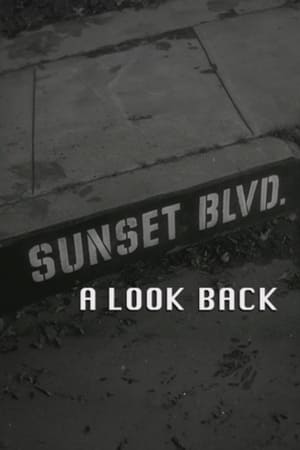 8.0
8.0Sunset Boulevard: A Look Back(en)
Film critics, actors, film historians and other personalities share their experiences and curious stories on the acclaimed Billy Wilder's masterpiece "Sunset Blvd."; its cultural importance by being one of the most iconic and revolutionary films ever made and a picture that still stands the test of time.
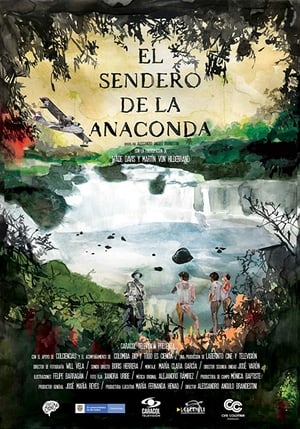 6.3
6.3El Sendero de la Anaconda(es)
In the most remote areas of the Amazon rainforest, a writer and his anthropologist friend find communities that have resisted change for centuries.
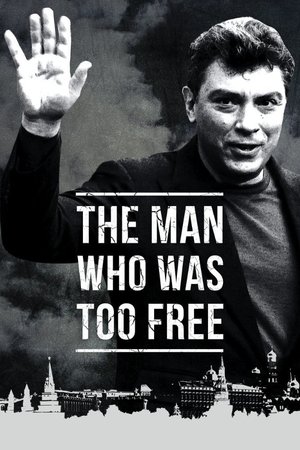 6.5
6.5The Man Who Was Too Free(ru)
A documentary about Boris Nemtsov, a prominent figure of Russian political opposition and an outspoken critic of Vladimir Putin. Nemtsov was murdered in Moscow in February of 2015.
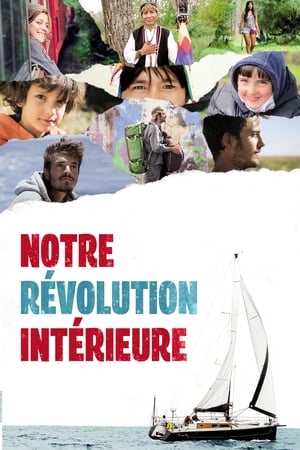 9.0
9.0Inner Revolution(fr)
Life is a great mystery, much larger than what would have us believe. By listening desires of their discoveries and their inner doubts, three young decided to start a trip on the surface of the Earth.
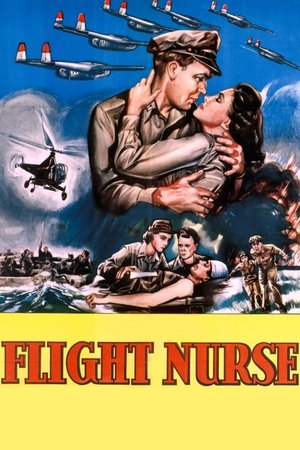 5.5
5.5Flight Nurse(en)
In this war drama, set during the Korean War, an Air Force nurse gets involved in a love triangle on the front lines.
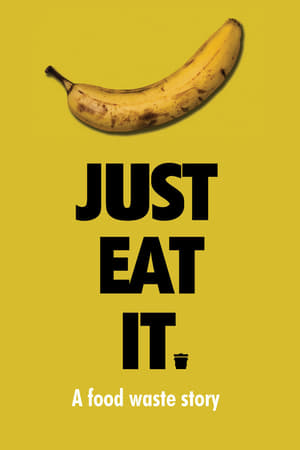 6.8
6.8Just Eat It: A Food Waste Story(en)
We all love food. As a society, we devour countless cooking shows, culinary magazines and foodie blogs. So how could we possibly be throwing nearly 50% of it in the trash? Filmmakers and food lovers Jen and Grant dive into the issue of waste from farm, through retail, all the way to the back of their own fridge. After catching a glimpse of the billions of dollars of good food that is tossed each year in North America, they pledge to quit grocery shopping and survive only on discarded food. What they find is truly shocking.
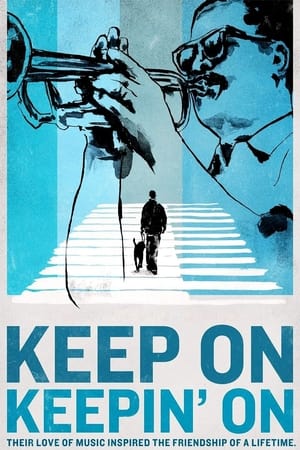 7.0
7.0Keep On Keepin’ On(en)
Eighty-nine year old trumpeting legend Clark Terry has mentored jazz wonders like Miles Davis and Quincy Jones, but Terry’s most unlikely friendship is with Justin Kauflin, a 23-year-old blind piano player with uncanny talent, but debilitating nerves. As Justin prepares for the most pivotal moment in his budding career, Terry’s ailing health threatens to end his own.

